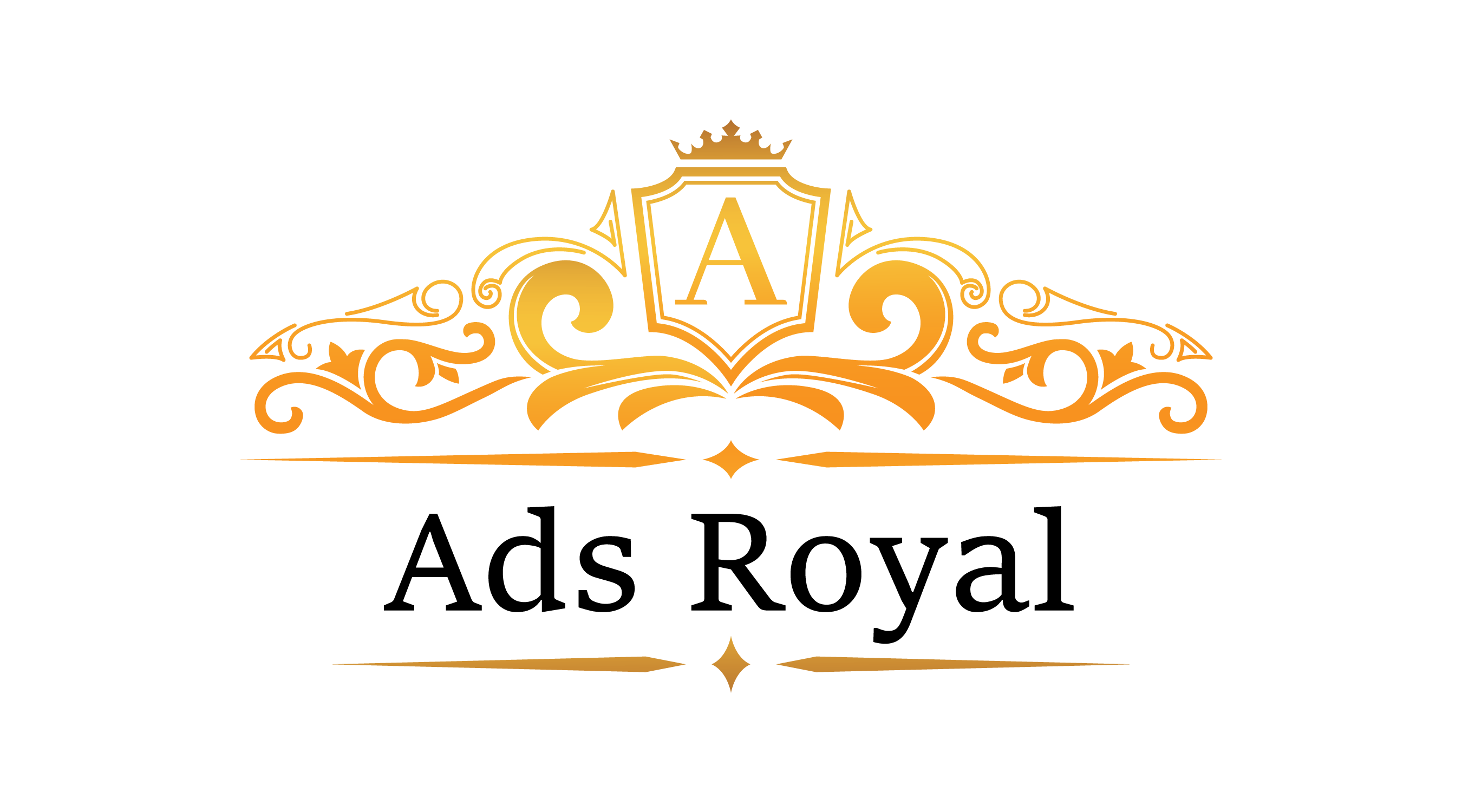Canadian whisky has been in charge of the bottom rack for a long time. Half of the 200 million containers sold in the United States yearly (ranking it behind American straight whisky – bourbons, ryes, and Tennessee – as a classification) are destined for shots and highballs at the regional dive bar. Evidence favorable of the common sense of the price-conscious American drinker: Canadian whisky is a much better product than its American combined matching. Click here for more information related to old wine and liquor collection for sale.
Usually, American combined whisky is made by watering down straight whiskies like bourbon or rye with vodka: unaged neutral spirits and water. A blended whisky from Canada, nonetheless, is made like Scotch as well as Irish blends, in which the thinning down agent is instead a true whisky, albeit an extremely light one, that has been aged in barrels – base whisky, they call it. In Canada, the straight whiskies blended with this are, naturally, not Scottish malts or Irish pot still scotches, yet instead local “seasoning whiskies,” most of which bear a domestic resemblance to our bourbons and ryes. A smoother and also richer blend is the outcome.
Because it’s not 1950, specializing in mixed whisky is no longer a great industrial method. The American market has left this group to our northern neighbors, focusing instead on higher-priced, higher-intensity straight bourbon, whether it’s a tiny set, cask strength, wine-barrel completed, or just ordinary bourbon or rye. For example, almost all the rye that previously went into the American blend is currently marketed as straight whisky. Up previously, this all appeared to be great with the Canadians. They focused on their typical shot-grade blends and a couple of preferred, equally standard premium ones, letting the entire 21st-century whisky renaissance pass them by. Visit here for more information purchase the Macallan edition series online.
Finally, Canadian distillers understand that’s not a clever idea. For the first time in years, we see interesting brand-new whiskies out of Canada: straight whiskies (those seasoning whiskies bottled without mixing), richer blends, and whiskies matured in cutting-edge means.
Canadian Club and also Crown Royal, I assumed I knew all too well up until reevaluating them. The routine Canadian Club ($15) may be a little spirit, yet it’s clean, smooth, and pleasurable. Then there’s the Little Set Timeless 12 ($22) from Canadian Club, which throws off attractive tips of maple as well as fig newton and fresh-split oak. Crown Royal Book ($40) resembles Crown Royal but includes dark chocolate rye, making it sophisticated and perfectly balanced.




